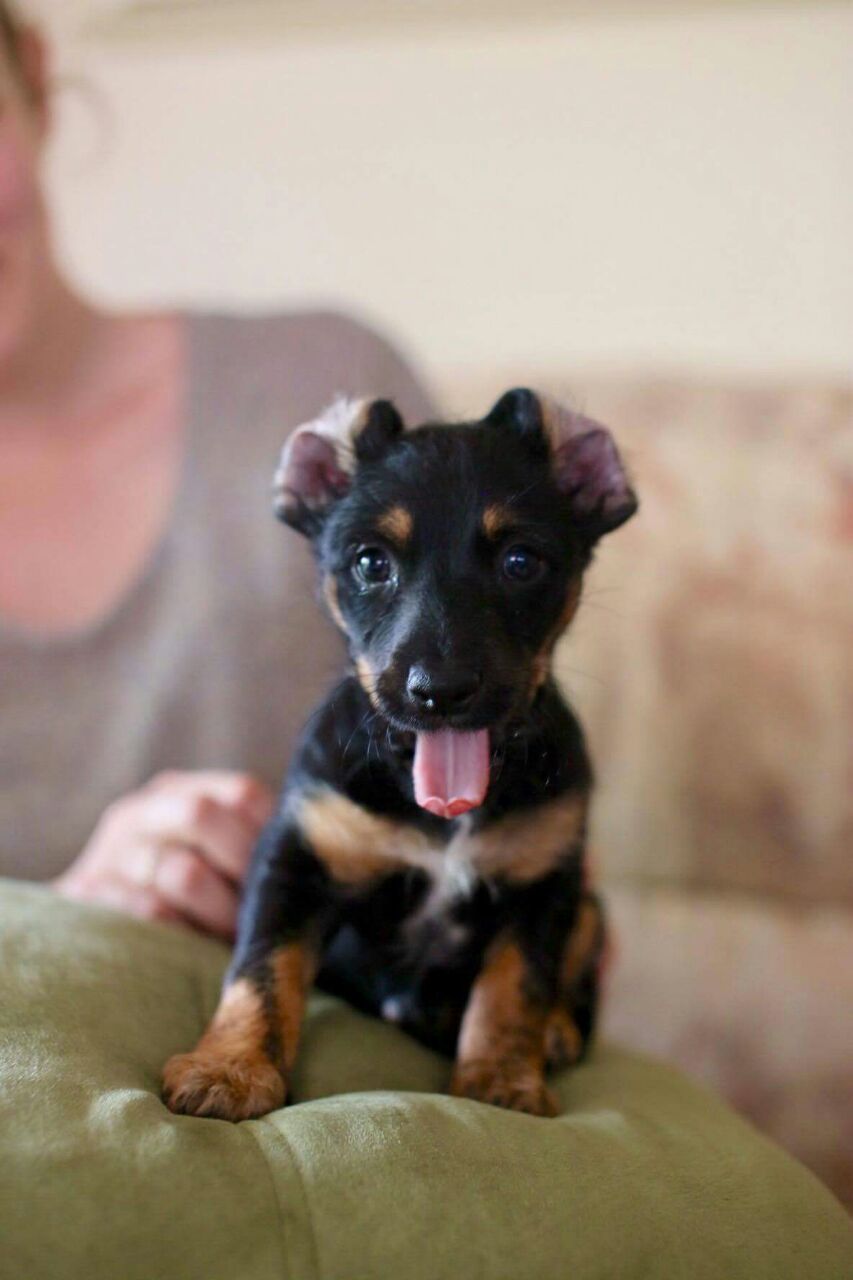
DOG CARE
Owning a dog provides companionship, loyalty and affection for people of all ages and is an invaluable addition to families and individuals.
However, it is important to find the breed of dog most suitable to your particular lifestyle and be aware of the responsibility that comes with dog ownership before you adopt or purchase a dog. As your vet, we are willing to discuss the many aspects of dog care, including breed-specific medical problems and routine health care such as vaccinations, flea and tick control, desexing and worming that your future dog may need.
After purchasing your puppy or dog, there are several important aspects of their care, to consider:
- We strongly recommend that you insure your new dog. Please speak to one of our team about pet insurance options.
- Suitable bedding such as washable rugs, cushions or blankets need to be provided in a weatherproof kennel or indoors.
- A secure area such as a dog-proof yard is essential. Your dog should never be left unsupervised when tethered.
- All dogs need daily exercise and mental stimulation to help avoid behavioural and health problems. Dogs view their human owners as being part of their pack and can develop behavioural issues if they feel neglected or excluded. It is also vitally important that dogs are socialised with people and other dogs from an early age in order to learn appropriate interactive behaviours.
- All pets require a minimum of one health check a year. On average, dogs age five to eight times faster than humans, allowing major health changes to develop in a relatively short amount of time. The risk of cancer, diabetes, obesity, arthritis, heart disease and other serious conditions all increase with age. However, a visit to us helps us diagnose, treat or even prevent health problems before they become life-threatening. Routine vaccinations, flea and tick control and worming are also recommended. A visit to us is also a good opportunity to ask about nutrition, behaviour, and other issues.
- Nutrition is an important part of your dog’s care. A healthy and balanced diet is essential. This will provide protein to build the body; fats for skin and coat health; carbohydrates for energy; and minerals and vitamins for good bone development and healthy tissues.
- It is essential to keep your dog’s teeth clean. A regular dental care routine will minimise tartar build-up on your pet’s teeth. Never give your dog cooked bones, as these can be brittle and easily splinter, causing harm to your dog.
- Fresh water bowls must always be available for your dog. They should be kept clean and placed in the shade
- Grooming and brushing is essential, particularly for long-haired breeds. This helps remove dust, dead skin, loose hairs, grass seeds, and tangles and it also assists to shorten the coat moult, which occurs every autumn and spring. Dirty or smelly dogs should be bathed. However, keep in mind that frequent shampooing can strip the natural oils from the coat and cause skin dryness and irritation.
Our staff are always keen to discuss routine health care for your current or future pets. For further information about pet care, please phone our helpful staff during business hours.
Desexing Your Pet
Desexing is an important decision and, from our professional point of view, a significant surgical procedure that requires a high level of care and skill.
Desexing involves removing part of your pet’s reproductive system. This procedure is performed in our fully equipped, sterile operating theatre under the complete care of our operating veterinarian and supporting veterinary nurses.
There are many benefits to having your dog or cat desexed, with evidence suggesting that desexed pets live longer and have fewer diseases then undesexed pets. The benefits extend beyond just preventing unwanted pregnancies.
Pets who have been desexed or sterilised are less likely to get diseases and certain illnesses such as mammary cancer and uterine infections in females and prostate problems and peri-anal tumours in males.
There are also behavioural benefits such as preventing male cats from spraying and preventing male dogs attempting to escape their homes to reach nearby females on heat. Entire male dogs will go to extraordinary lengths to pursue a nearby female dog on heat, increasing chances of motor vehicle accidents, dog fights and lost pets.
Under the WA Cat Act 2011, all cats over six months must be sterilised. This law aims to provide better management of the unwanted impact of cats on the community and the environment, and encourages responsible cat ownership.
Pets can be desexed at any age including during their more mature years. We recommend to desex most pets around 6 months of age before they sexually mature. We can desex a female pet whilst they are in heat/ season, however, this makes the surgery potentially more complicated and does incur a surcharge.
